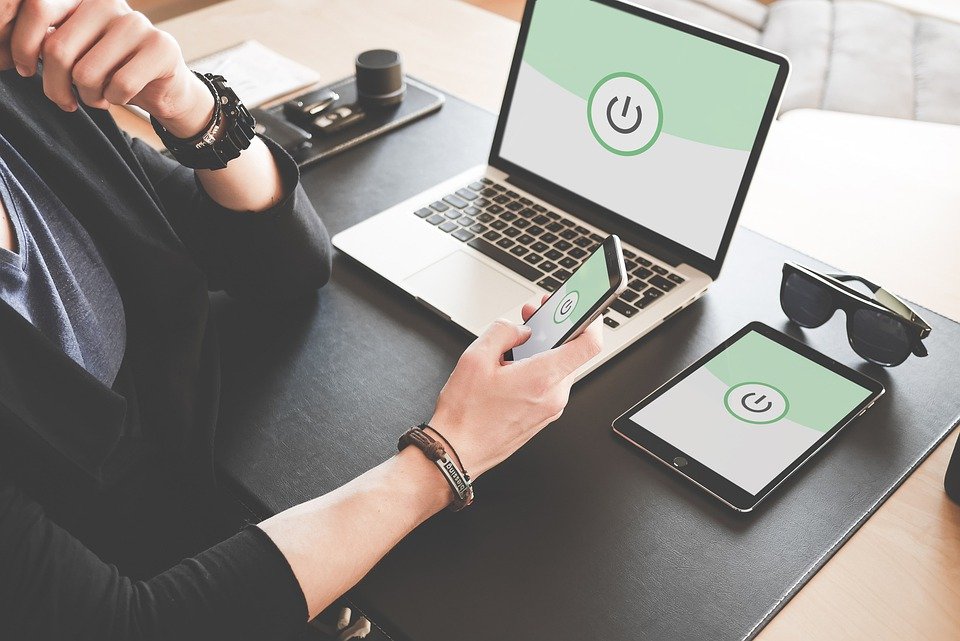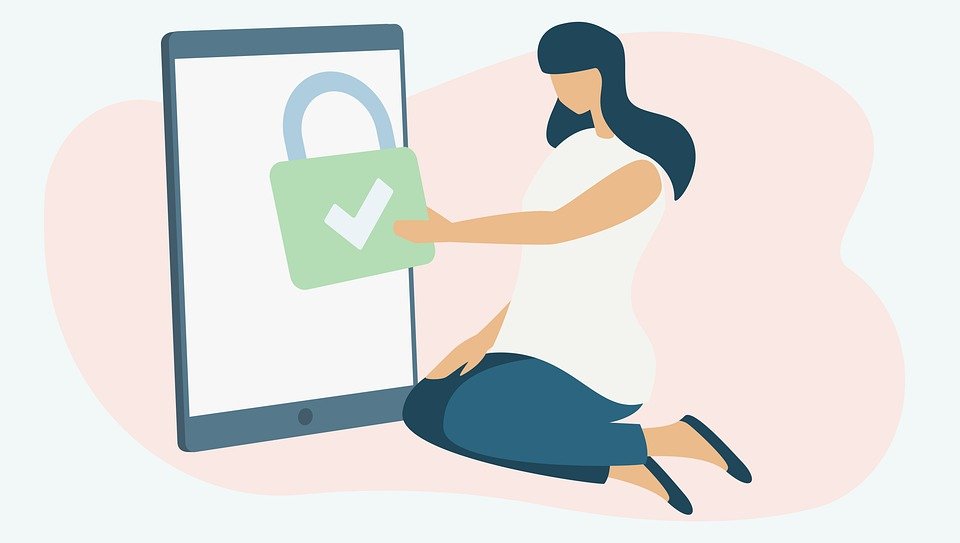A VPN or virtual private network is a technology that allows you to create a secure connection over the internet between your device and a server. This connection can be used to protect your privacy when accessing the internet or to connect to a remote network like your office’s intranet.
Here are six useful facts about the technical aspects of using a VPN that will help you decide if it’s right for you.
How it works
A VPN creates a secure, encrypted tunnel between your device and the server. This tunnel is used to send and receive data over the internet. Any data sent through this tunnel is protected from being intercepted by third parties.
VPNs can be used on a variety of devices including computers, smartphones, and tablets. They can also be used with different operating systems such as Windows, macOS, iOS, Android, and more.
In most cases, you’ll need to install a VPN client on your device to connect to the VPN server. The client will handle the encryption and authentication process. Once installed, all you need to do is enter your username and password to connect.
Some VPN providers offer browser extensions that can be used instead of a client. These are often less feature-rich but can be a convenient way to get started with a VPN.
What it needs
When choosing a VPN, you’ll need to select a protocol. The most common protocols are PPTP, L2TP/IPSec, OpenVPN, and SSTP. Each has its benefits and drawbacks so it’s important to select the one that’s right for you. For example, OpenVPN is more secure than PPTP but it can be more difficult to set up. Or, if you’re using a public Wi-Fi network, L2TP/IPSec may be a better option.
On the other hand, depending on the router you have, you might be able to use a VPN without installing any software. So, when you use a VPN with Netgear Orbi routers, this is known as a router-level VPN and it can be a convenient way to add extra security to your home network. Some other router manufacturers also offer this feature, but it’s important to check before you buy.
Internet speed
Depending on the VPN protocol you’re using, your connection speed may be reduced. This is because the encryption process can add some overhead. For example, if you’re using OpenVPN with AES-256 bit encryption, your speed will be slower than if you were using no encryption at all.
To get around this, some VPNs offer “lightweight” protocols that use less processing power. Or, you can connect to a server that’s closer to your location. This will reduce the distance your data has to travel and can help improve speed.
Firewall and NAT
If you’re connecting to the internet from behind a firewall or network address translation (NAT) gateway, you may need to configure your VPN accordingly. This is because firewalls and NATs can block VPN traffic. In this case, you can use a “split tunneling” feature that routes some of your traffic through the VPN and some through the regular internet connection. This can be useful if you need to access resources on a local network while still using a VPN.
Additionally, some firewalls can be configured to allow VPN traffic. This is usually done by opening specific ports that are used by the VPN protocol. Again, this will vary depending on the protocol you’re using so it’s important to check with your VPN provider or the firewall manufacturer for specific instructions.
DNS leak protection
When you use a VPN, your DNS requests are usually routed through the VPN server. This prevents your ISP from being able to see which websites you’re visiting. However, in some cases, your DNS requests can “leak” outside of the VPN tunnel. This is a security risk because it means your ISP can see which websites you’re visiting.
To prevent this, most VPNs offer “DNS leak protection” which ensures that all DNS requests are routed through the VPN tunnel. This can be enabled in the settings of most VPN clients.
Logging policy
Finally, when you use a VPN, the VPN provider can see all of your traffic – the visited websites, the downloaded files, and much more. However, most VPN providers claim to keep no logs of user activity. This means that your traffic is not tracked or monitored.
There are some exceptions, however. For example, if you’re using a free VPN service, the provider may be logging and selling your data. Or, if you’re using a VPN for illegal activities, the government may demand logs from the VPN provider. In these cases, it’s important to know what the logging policy of the VPN provider is.

These technical aspects of using a VPN are important to understand to maximize your security and privacy while online. By being aware of how your VPN works, you can make sure that you’re getting the most out of it.



Leave a Reply